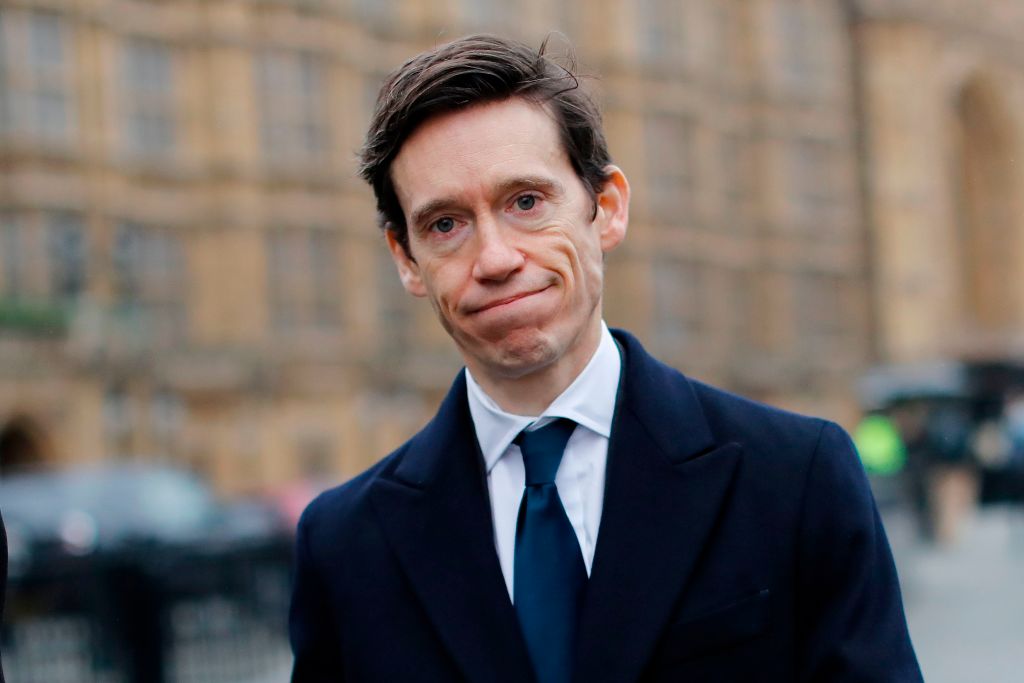Will Rory Stewart still be in the Tory leadership race come Tuesday? The International Development Secretary is seen as the wildcard of the contest. Regarding at first as having little to no chance of becoming leader owing to his pro-deal position, the undeterred Tory MP has ran a rather creative campaign going on various walks and meet and greets with members of the public in a bid to convince members of Parliament to get behind his leadership bid. His efforts have garnered a lot of attention and endorsements from unlikely places. The problem is very few of those endorsements are coming from the Conservative parliamentary party that decides who makes it through the rounds – before the membership selecting from the final two.
After the 1922 committee of Conservative backbenchers changed the rules so that each candidate now needs eight MPs backing them – two proposing, and six unnamed – by 5pm Monday to be eligible, Stewart’s task has only got harder. At the One Nation caucus leadership hustings on Tuesday night, Stewart told MPs that they should back him because he is the politician who can win them an election. This pitch comes after a Mail on Sunday poll was picked up by Stewart’s critics to suggest that he did not have mass appeal – while Ruth Davidson, the Scottish Conservatives leader, penned a column in which she described Stewart as ‘this year’s Nick Clegg’ – praising his intelligence while suggesting he had no chance of winning.
With only a few days left to pick up the nominations, the Stewart campaign is today pointing to YouGov polling which they believe proves their point that Stewart could win the Tories a general election by appealing to a broad coalition of voters. The polling is a little different to some that has been out as awareness of each candidate is taken into account – with the highest net rating. They contend this is the best measure of popularity, as it doesn’t rely on pre-existing awareness (which is clearly higher for more established candidates like Boris Johnson). However, one could argue that pre-existing awareness is a factor that should be considered when it comes to a candidate’s chances of appealing to voters.
Under the polling method, Stewart comes out on top as the candidate would make a good PM on this measure – with Johnson just behind:
https://twitter.com/scribblercat/status/1136992152788111361
Now Stewart’s campaign has also commissioned private polling by Populus Data Solutions which they contend shows Stewart is also judged the best candidate on 20 of 24 attributes for a good leader. The results come from online poll of 2,000 members of the public which were then weighted on demographics and 2017 vote.
So, will any of this polling have the desired effect? Stewart’s problem is that there are two main audiences to appeal to in the party – and both present problems. The first are the Brexiteers who are naturally sceptical of any leadership candidate running on a pro-deal anti-no deal platform. It follows that these MPs are very very unlikely to support Stewart. The natural audience for Stewart is the one nation caucus of MPs who oppose a no deal Brexit. However, this group are unconvinced that Stewart is a serious candidate and thereby are more likely to give their vote to a candidate like Matt Hancock, Michael Gove or Jeremy Hunt. The campaign hope that they can change the minds of enough of these MPs to keep him in the contest next week. It will be touch and go.







Comments